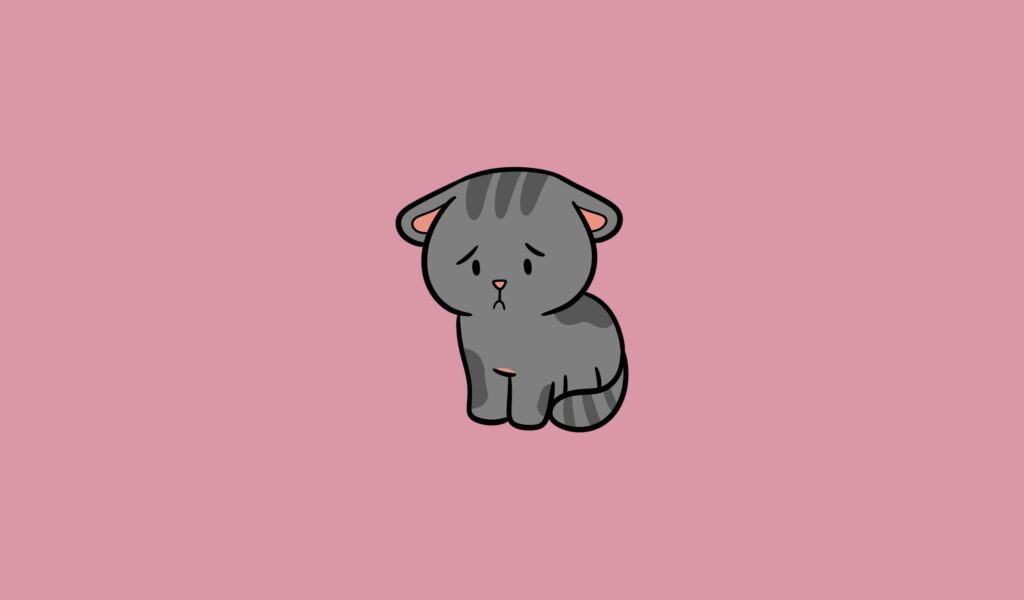As they led him away, they seized a man named Simon of Cyrene, who had been traveling from the countryside. They placed the cross upon him, making him carry it behind Jesus
Luke 23:26 – NRSV
At age 29, I found recovery. It felt good when I got sober, began addressing my mental health condition, and secured a steady day job. What lay ahead still remained uncertain. Since the age of 17, I had harbored a deep desire to break free from the daily ritual of drug use and the unpredictable ups and downs of my mental health. Finally, as I gained stability, I realized that 12 years of yearning had led me to a new way of life, yet I found myself directionless.
My response to this lack of direction was to set high personal expectations. I harbored my greatest impatience for myself. I was simultaneously catching up on what I believed to be lost time, while propelling myself towards what I thought was success. As a newly sober individual, I hadn’t even defined what success meant to me. I was burdened by aimless ambition and a perceived urgency to achieve something.
When I imagine Simon of Cyrene bearing the weight of the cross, I imagine a narrative where a human is tasked with an daunting undertaking. In a purely symbolic sense, Simon of Cyrene is asked to shoulder a burden that only Jesus could truly bear.
Attempting to shoulder the weight of great sacrifice and adversity is not inherently negative. In fact, Simon’s actions on the day of the crucifixion hold significance because they are universally relatable. Whether you grapple with a mental health condition, wrestle with addiction, or confront profound emotional challenges, you might find yourself carrying a burden akin to Simon’s.
The role of God enters the equation when contemplating how much of this burden is self-imposed by unrealistic personal standards. However, I had no perspective on God as a newly recovered addict. I rekindled a relationship with God when spiritually nurtured by like-minded people in recovery during my early days of sobriety. Nonetheless, my mind wasn’t initially opened to recovery until serious medical intervention allowed me to see the path of wellness. Simply put, there was no catch-all solution to abating my high expectations, and I would be lying if I said I no longer struggle with them. Instead, I had to rely on a comprehensive support network that took time to build.
A PRAYER: God of sacrifice, awaken us to the weight of our self imposed burdens. Open our eyes to new ways of caring for ourselves. Show us that we need many hands to shoulder the burden.

2 Responses
These are in fact enormous ideas in regarding blogging.
You have touched some pleasant points here. Any way keep up wrinting.
Thank you Earlene.